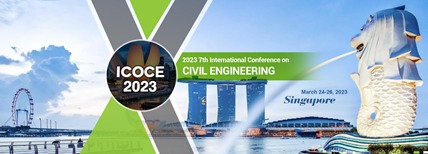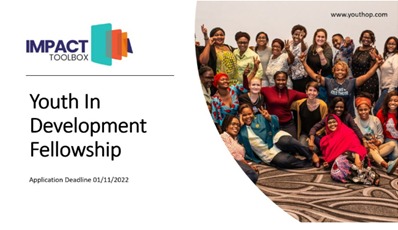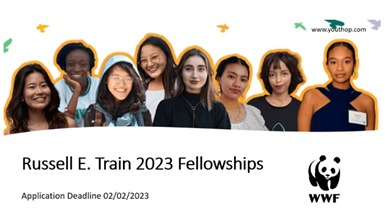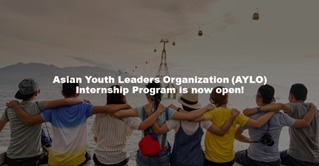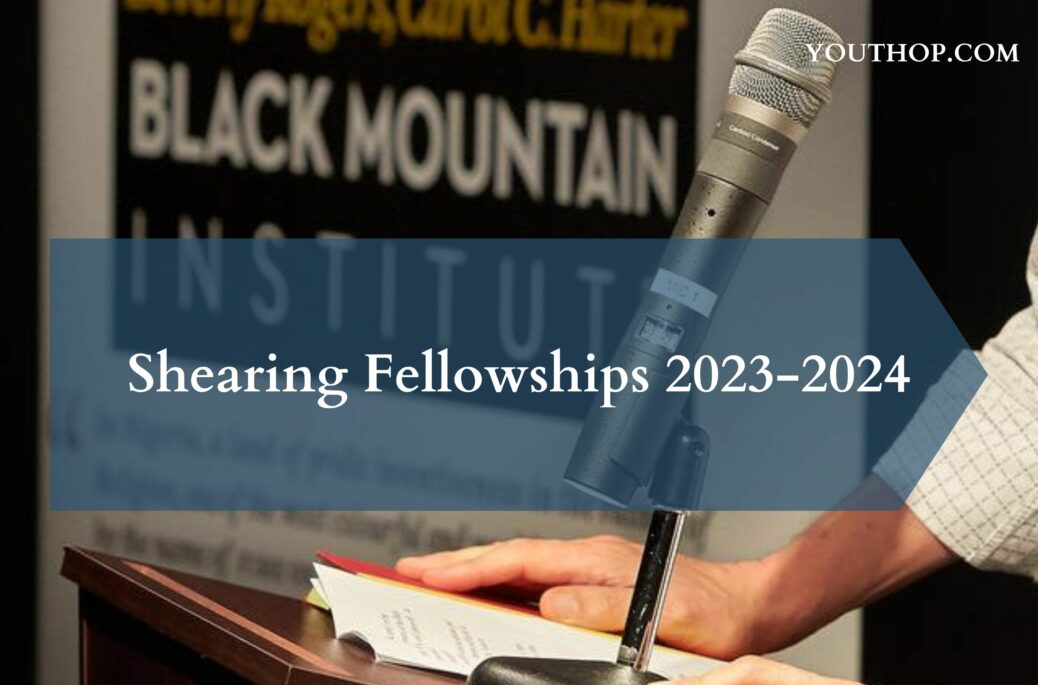E-LIBRARY - REFERENCES
Sustainability and Replicability of Multiple-use Water System (MUS): Study for the Market Access and Water Technology for Women project
June 28, 2015
The concept of multiple-use water services and systems (MUS) has received increasing attention in
international water and development fora and has emerged as a promising way to enhance the social
and gender equity and productivity of water systems designed for single use, e.g. for irrigation or water
supply.
In Nepal, several MUS models have been piloted and implemented for more than a decade by
the International Development Enterprises (iDE) and a few other development organizations. Whereas
the short-term benefits of these systems on gender relationships, women’s empowerment, nutrition and
health have been documented, the sustainability and resilience of these systems has not yet been
analyzed.
The latter is the focus of the research study presented in this report, which was conducted by
the International Water Management Institute (IWMI) in Western Nepal as part of the USAID-funded
Market Access and Water Technology for Women (MAWTW) project.
IWMI research team first conducted a rapid appraisal of 16 MUS, most of which were implemented
seven to ten years ago under the SIMI program to assess their sustainability. This led to an in-depth
comparative case study of two MUS to explore the social processes affecting equity and sustainability
of systems with different social-ecological characteristics. The study also examined the performance of
collection centers and marketing and planning committees (MPCs) as these are key components of the
value-chain approach associated with MUS for vegetable production and sale.
Research findings show that MUS are overall more sustainable than single-use systems in Nepal:
87.5% of the MUS surveyed are still fully functional or need minor repair versus 56.8% of the singleuse
domestic supply systems surveyed in a recent study led by the Department of Water Supply and
Sanitation (DWSS).
A large majority of systems are still delivering water for multiple uses and have active formal
institutions. The cost benefit analysis for the systems surveyed indicates a cost-benefit ratio of 11
(excluding non-monetary benefits reported by water users such as enhanced nutrition and improved
health, better sanitation and time saved).
The internal factors affecting sustainability were identified as
the inter-relationships of social capital (in particular, trust and reciprocity), characteristics of water
resources (water flow) and characteristics of the infrastructure (geographical extent of the system,
technological capacity to distribute water equitably). The economic returns generated by MUS
contribute to water users’ efforts to protect the source and their financial capacity to maintain the
system, but the study found that they can also threaten the systems’ sustainability if distributed
unequally and unfairly.
Lack of formal linkages of the MUS/MPC to government agencies and high
rates of male out-migration were found to be the main external factors threatening the system’s
sustainability.
Recommendations to enhance the sustainability of MUS and of small-scale water systems in general
are: (1) to include an assessment of the level of social capital of the community and of existing
conflicts over water use in the feasibility study to inform the selection and design processes; (2) to
conduct both an engineering survey and a social survey where the latter would assess existing and
potential inequities in water use; (3) to conduct an assessment of the potential threats to local water
resources, including current and future uses and needs of the neighboring communities; (4) to provide
extended institutional support to systems in which inequities in water distribution cannot be fixed by
technological intervention and; (5) to develop linkages between water users, collection centers/MPCs
and local/line government agencies for enhanced synergy of resources use and service distribution.
Tags : sustainability , water , system , MUS , Gender






